Tomato paste is processed tomatoes and is one of the most important food seasonings added to food to improve color and taste. This food is rich in antioxidant compounds, vitamins, and minerals. Eating tomato paste can help strengthen the body’s immune system, strengthen the nervous system, improve heart and brain function, and more. To make this paste, the seeds and skins of the tomatoes are separated and made into a smooth paste using a special industrial process. The first preservative in industrial pastes is salt. This ingredient makes tomato paste taste delicious and has a longer shelf life. It also reduces the amount of mold in the paste. But there is a limit to the amount of salt that can be used as a preservative in commercial tomato paste. There are some types of tomato paste including Italian tomato paste; its ingredients are a little different from regular ones. Tomato paste and even tomato sauce can be made at home; you just need to have the recipe and the ingredients. Tomato sauce is made from tomato paste. There are different tomato paste producers, like Hunts, producing tomato products to make it easy for you to enjoy this delicious condiment.

Hunts tomato paste
Using Hunt’s Tomato Paste, you can give your favorite sauces a more robust taste and increase the thickness of the sauce without having to add any more liquid. Hunt’s Tomato Paste, which has been slow-cooked with salt and natural spices, works well in chili, soups, and stews. You may give sauces more body by adding this extra-thick and rich texture, which is formed by straining and concentrating tomatoes. There is no room for error here; Hunt’s Tomato Paste is one hundred percent natural and has no added preservatives of any kind. Your dishes will be infused with a robust tomato taste thanks to the use of Hunt’s Tomato Paste. Each can has 6 ounces of paste, and there are 30 calories in each serving. This package has 24 cans. Because excellent flavor begins with high-quality ingredients, Hunt’s tomatoes are harvested just when they are reaching their full flavor potential. It has a low salt content, which makes it a healthy option for a lot of people. There are no concessions made; Hunt’s Tomato Paste is one hundred percent natural and has no added preservatives.
With just 5g of net carbohydrates per serving, this food is suitable for those who follow a low-carb diet.
The ingredient that is compatible with the ketogenic diet, with 5g of net carbohydrates (7g total carbohydrates minus 2g of dietary fiber) and 0g of added sugar per serving of tomato paste ingredients.
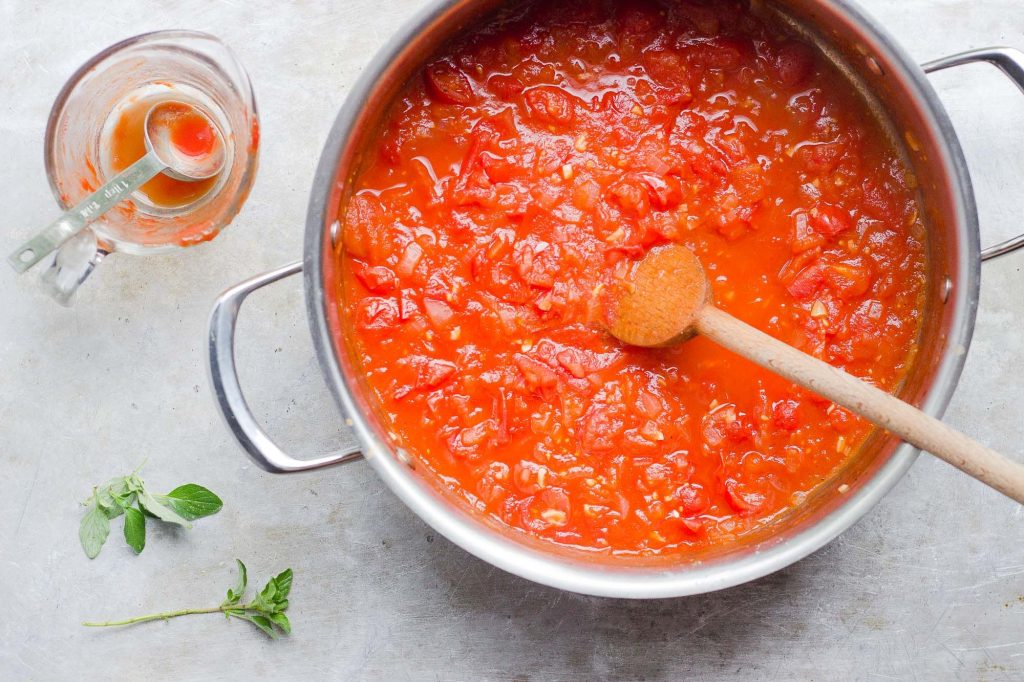
Easy tomato paste recipe
If you want to enjoy homemade tomato paste, here is an easy recipe for it;
1- This number of tomatoes is the size of a small bowl of tomato paste, increase the amount of filling according to your needs.
2- First I cut the tomatoes in half, put them in a pot, and poured enough water into the pot to cover the tomatoes. Turn on a medium gas fire and place it in the pot until the tomatoes are cooked through.
3- Do not cover the pan completely so that the tomatoes do not freeze.
4- Let the tomatoes cook until completely soft and skinned.
5- Now the cooked tomatoes are gradually and gradually poured into a strainer, the sieve openings are smaller than the tomato seeds.
6- Crush the tomatoes with a spoon until the tomato pulp is completely separated from the seeds and skin and passes through a sieve. So that the tomato pulp does not disappear in the same sieve, sometimes we pour the tomato juice prepared in a saucepan over the ingredients inside the sieve and mix until all the tomato pulp passes through the sieve along with the water.
7- Finally, pour the very thin tomato puree into the bowl as shown in the picture below.
8- After repeating the process step by step, we poured all the diluted puree back into the pot, turned the bottom of the pot over medium heat, and let the pot open to allow the excess water from the tomatoes to evaporate.
9- When excess water evaporates and the liquid thickens, add the right amount of salt. From now on, we stir the pasta from time to time so that it is not sticky.
10- Finally, before the paste reaches the desired consistency, we add oil and stir the paste if necessary. The role of the oil in giving the paste more color.
11- In addition, sometimes we stir the dough so that it does not sink, when its consistency reaches a level at which it remains in the position of a spoon, the paste is ready.
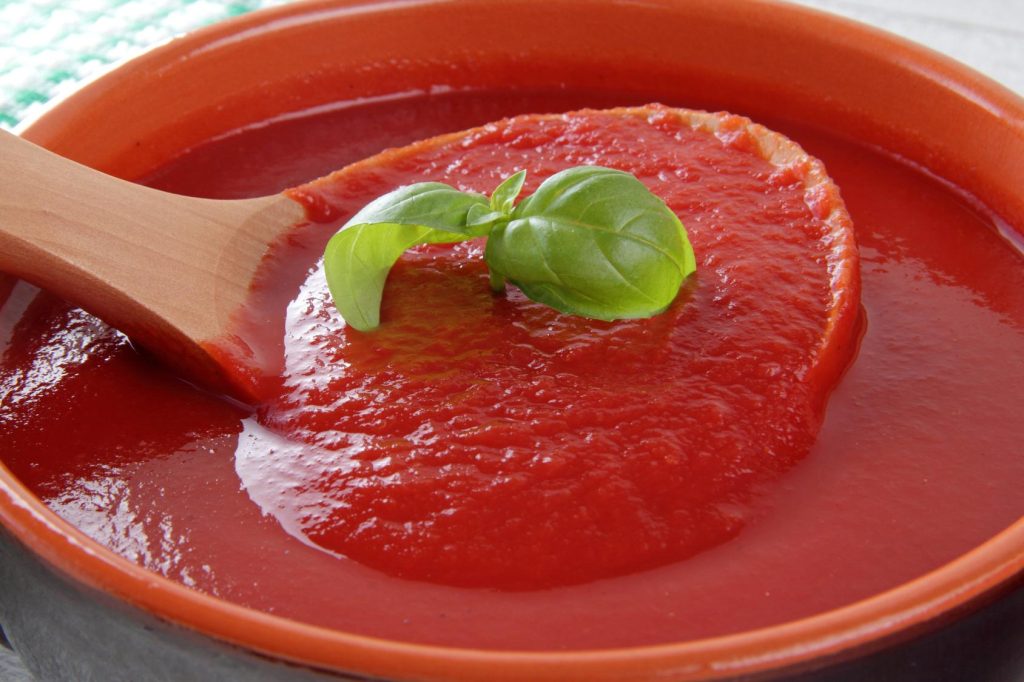
Italian tomato paste recipe
Tomato paste originated in Italy; Italian tomato paste has a distinct flavor. Olive oil is included in its recipe. Italian tomato paste is similar to regular paste in preparation, with a slight difference; After Placing the tomato purée back into the saucepan it was previously prepared in and set it over high heat. After tossing in the salt, decrease the heat to medium and continue to boil the purée while stirring it often for 45 to 55 minutes, or until it has reduced to approximately 1 quart (4 cups). As the purée thickens, you will need to reduce the amount of heat being applied to it so that it does not start violently bubbling and splattering. And finally, after reaching the proper thickness, the back of the spoon should be used to level the surface. Olive oil should be used to cover the whole surface area so that the paste does not become visible. Put the lid on the jar, and place it in the refrigerator. When stored in the refrigerator, it has a shelf life of at least one year. Sometimes, some Italian herbs are added to season it.
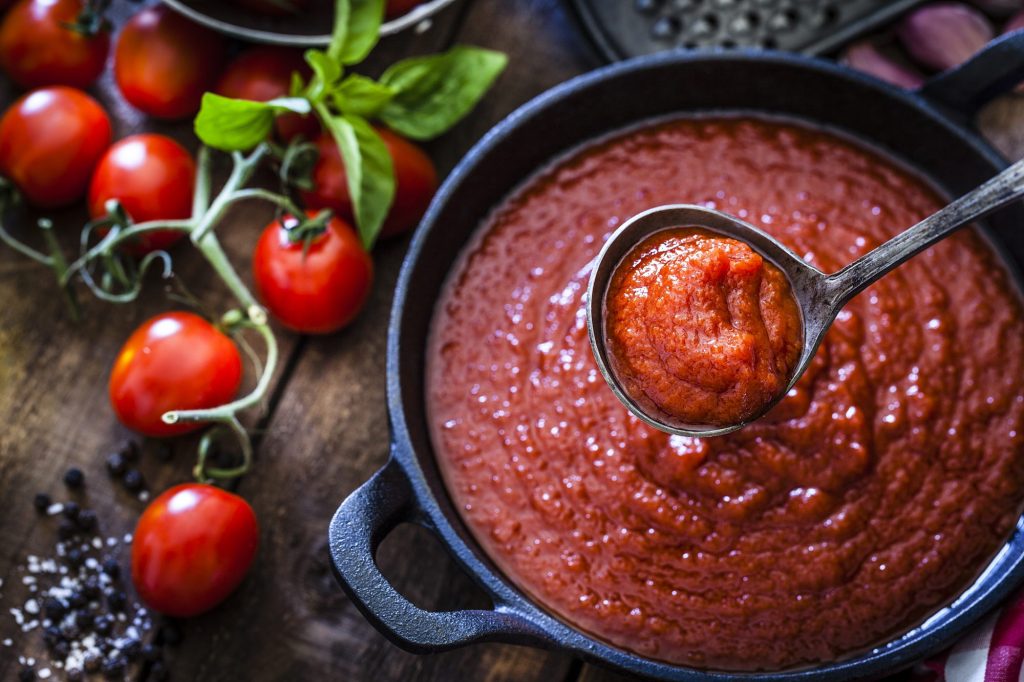
Tomato paste substitute
You don’t need to make a mad rush to the grocery store if you run out of tomato paste. Tomato sauce and tomato puree are also wonderful alternatives to use in their place. Use three tablespoons of tomato puree or sauce in place of every one tablespoon of tomato paste that is required. Substitute the puree or sauce for the tomato paste, and then continue to boil the mixture while stirring often until the puree or sauce has decreased and become thicker. You’ll have a similarly rich, savory taste. Ketchup is the finest alternative to tomato paste that you can get. The consistency of ketchup is comparable to that of tomato paste, but the taste is saltier, sourer, and more sugary. Since tomato paste is only called for in trace amounts in the majority of recipes, making a 1:1 swap shouldn’t have a significant impact on the finished product. It is not a good idea to apply this substitute concept if the recipe asks for a significant amount of tomato paste or if the atmosphere does not lend itself to the taste of ketchup.
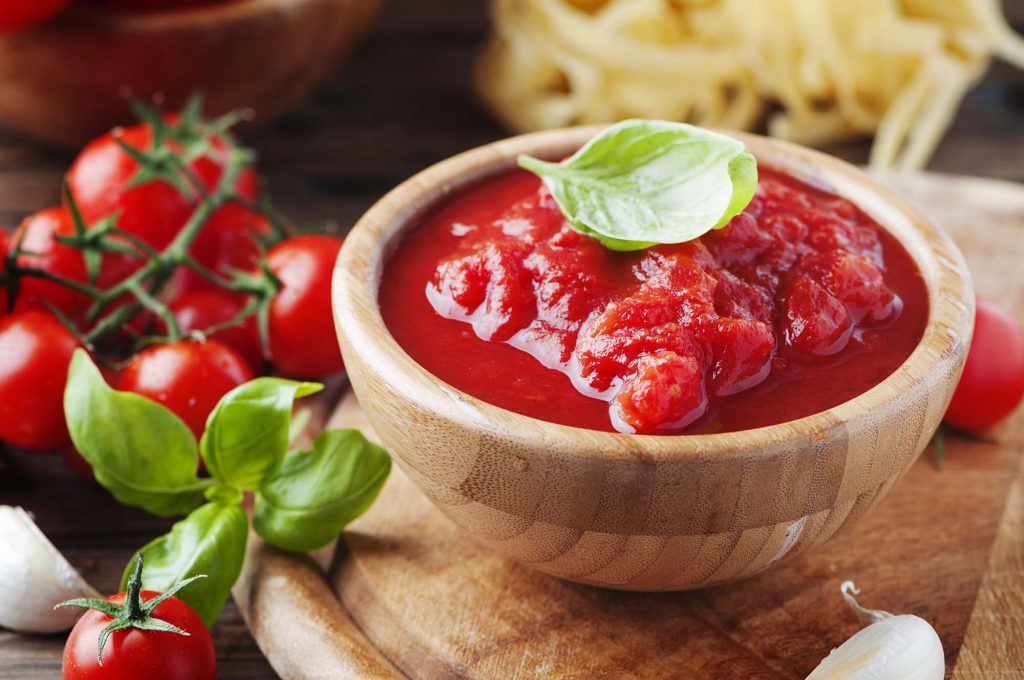
Tomato paste vs. sauce
If you’re looking for a concentrated flavor and thicker texture in your meal, you’ll want to use tomato paste instead of tomato sauce. Instead of serving as the primary flavoring agent in a meal like a tomato sauce, tomato paste serves more as a foundational element. Tomato paste goes far in a teaspoon. It’s a rich concentration of cooked, dehydrated tomatoes. Tomato sauce isn’t as thick. It comprises short-cooked tomatoes in liquid and makes a wonderful pasta, pizza, and meatball sauce. Consistency distinguishes tomato sauce from tomato paste.
Watery tomato sauce. It spreads swiftly on a platter.
Tomato paste is thicker than sauce. 24% tomato solids.
Tomato paste has 24% tomato solids. Making tomato paste thicker.
Cooking tomatoes decreases their water content, producing a thick paste.
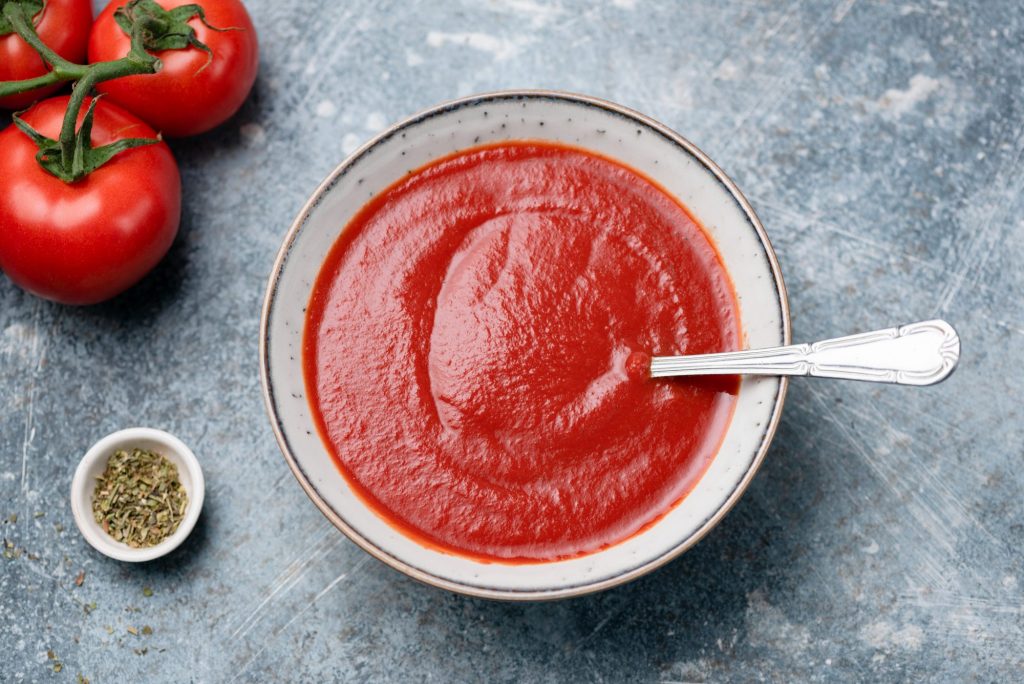
Tomato paste tastes like dried tomatoes. It’s tangy, unlike tomato sauce. It tastes like fresh tomatoes.
Tomato paste has a strong taste. Don’t add more tomato paste than a recipe asks for. This paste adds taste even in little amounts.
Although it is prepared, tomato sauce tastes like fresh tomatoes.
Store-bought tomato sauces often include salt, garlic, onion, and herb powders.
Tomato paste as a demandable product has a specific recipe; you can make it at home; it is more convenient to buy great brands of tomato paste and sauce provided by our company.
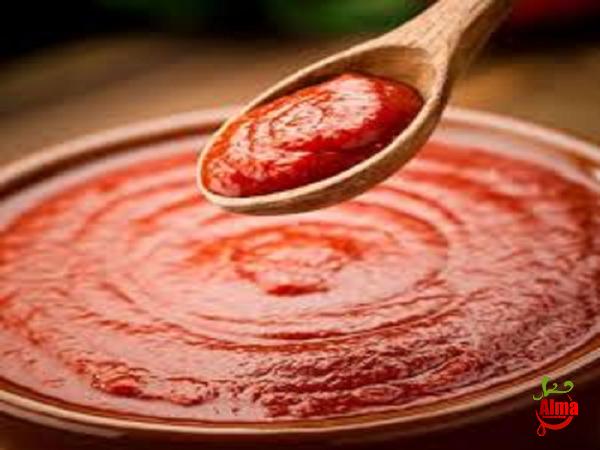
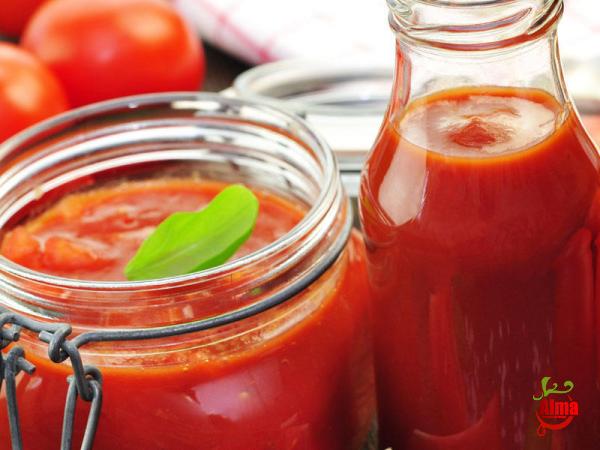
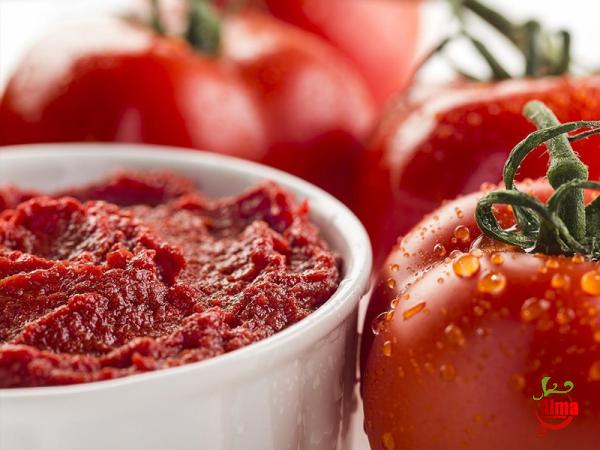
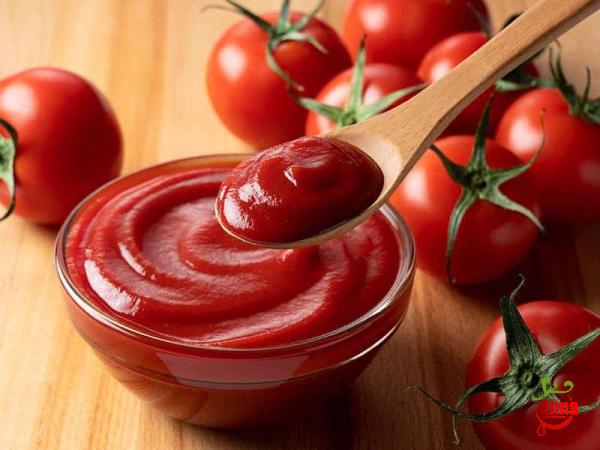



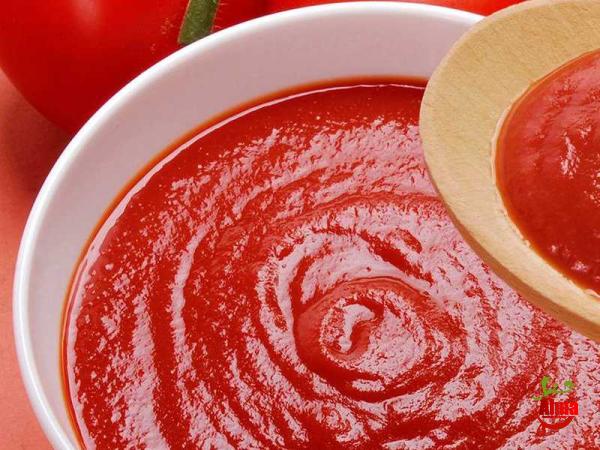
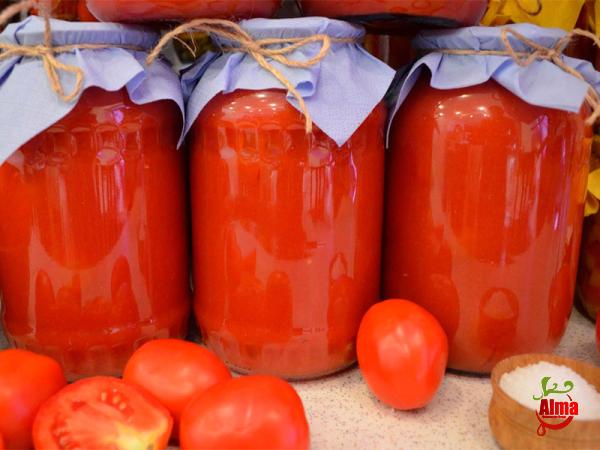
Your comment submitted.